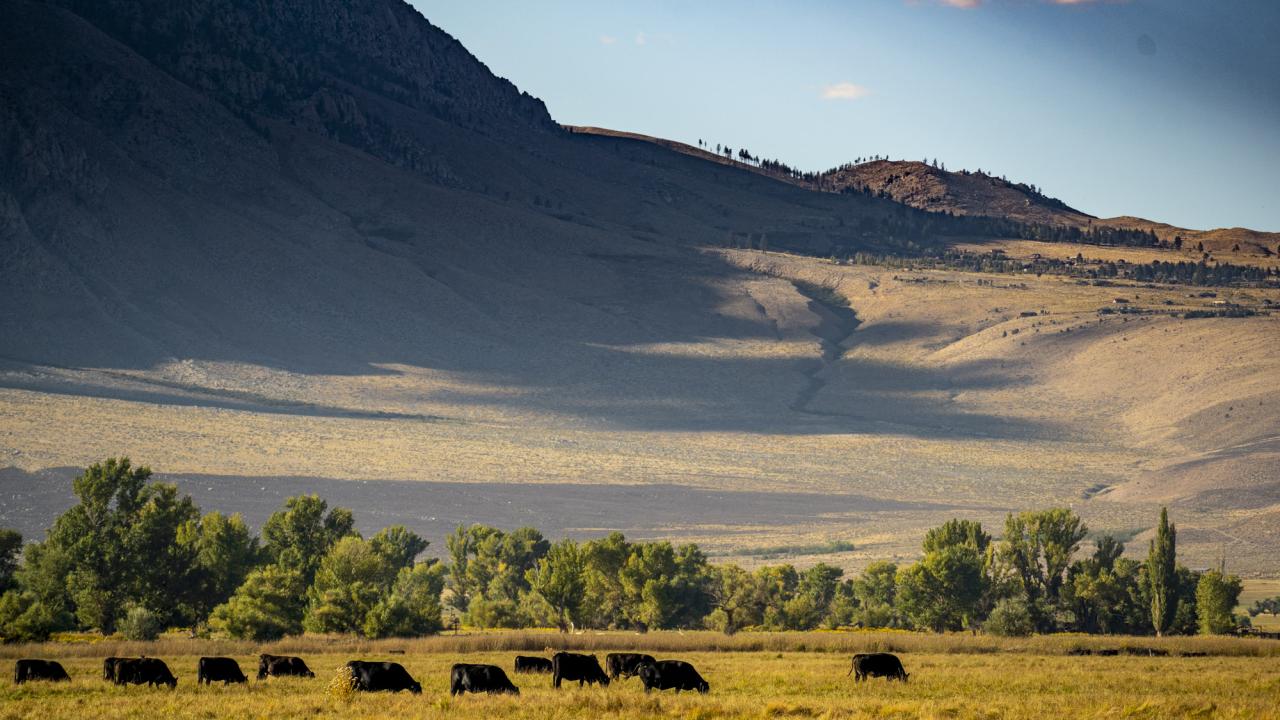
一六八 差 距
一座「趣味公园」的园主向大师叙述他矛盾的处境:当孩子们在他的公园内开怀作乐时,他常感到忧闷不堪。
「你宁愿拥有公园呢,还是拥有乐趣?」大师问。
「两样都要。」
大师无言以对。
事后有人问起此事,大师引用一位浪子对地主所讲的一番话:「你拥有土地所有权,他人却享有大地。」
The owner of a "fun park" described his contradictory feelings to the master: whenever children laughed and played joyfully in his park, he often felt deeply troubled.
"Would you rather have the park or the joy?" the master asked.
"I want both," the owner replied.
The master was left speechless.
Later, when someone asked the master about this, he quoted a wanderer's words to a landowner:
"You hold the deed to the land, but others enjoy the earth."
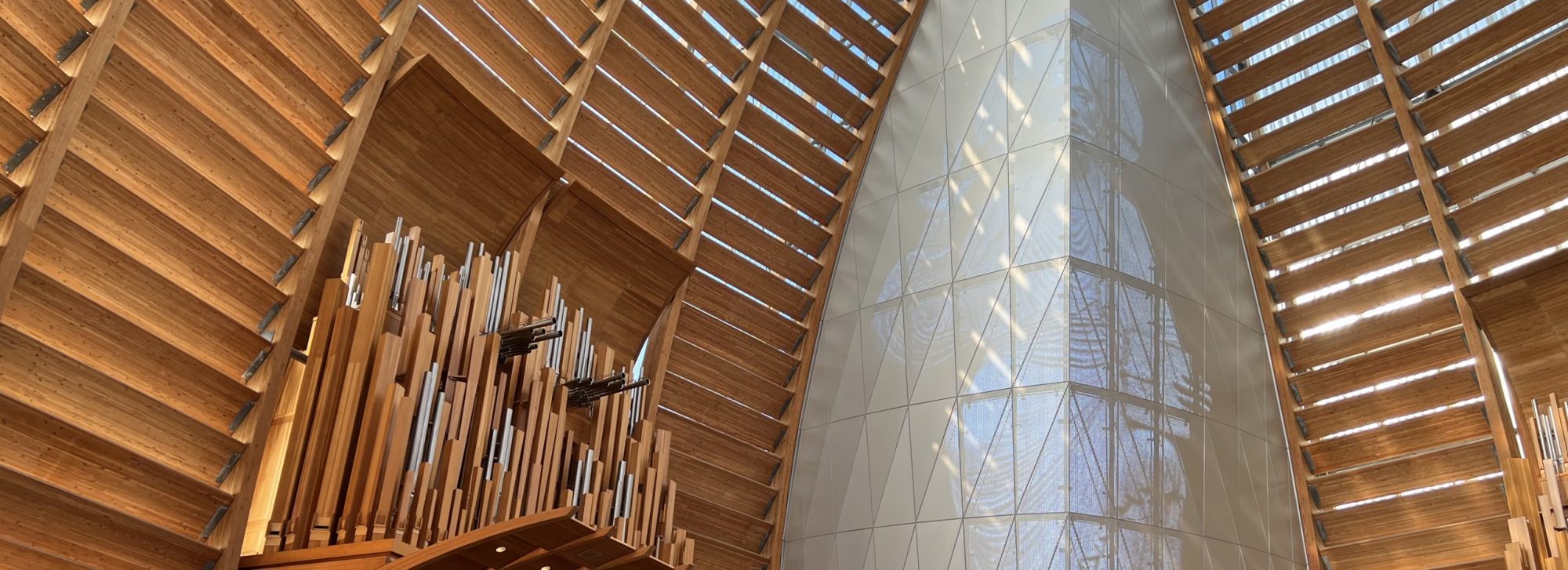
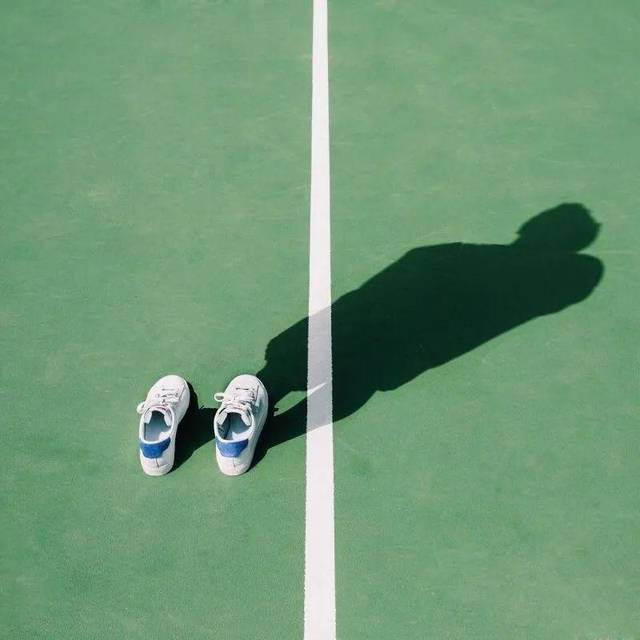

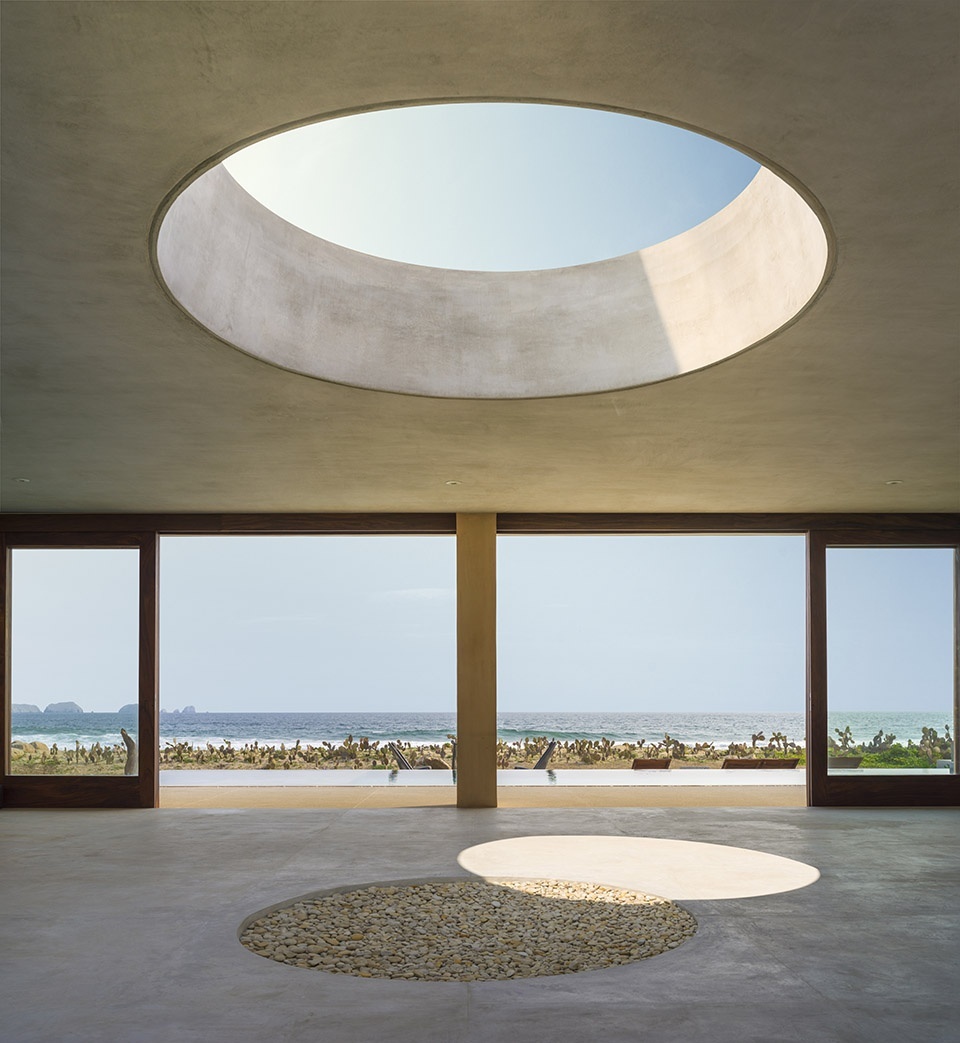


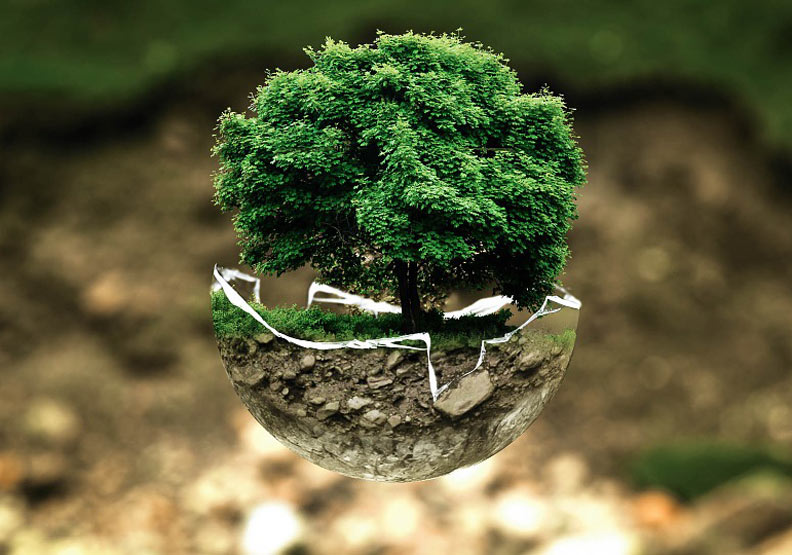
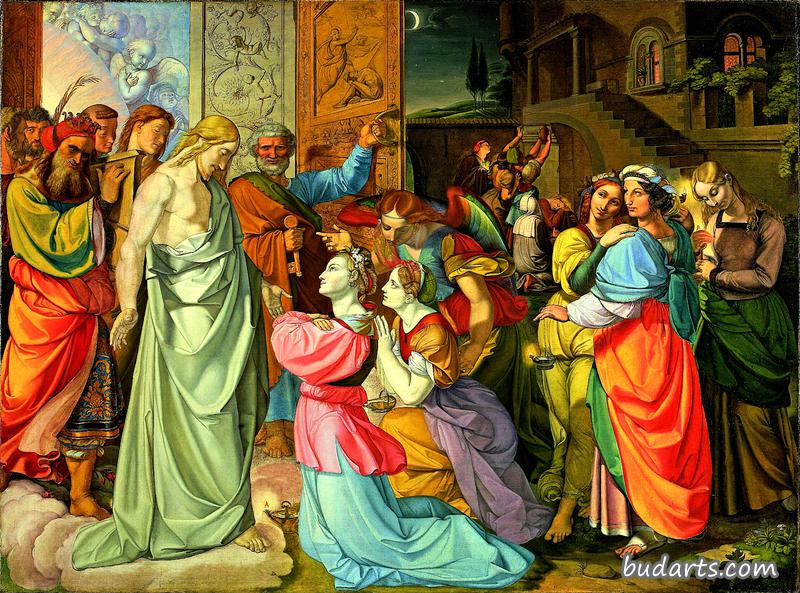
 一六0 莽 撞
一六0 莽 撞